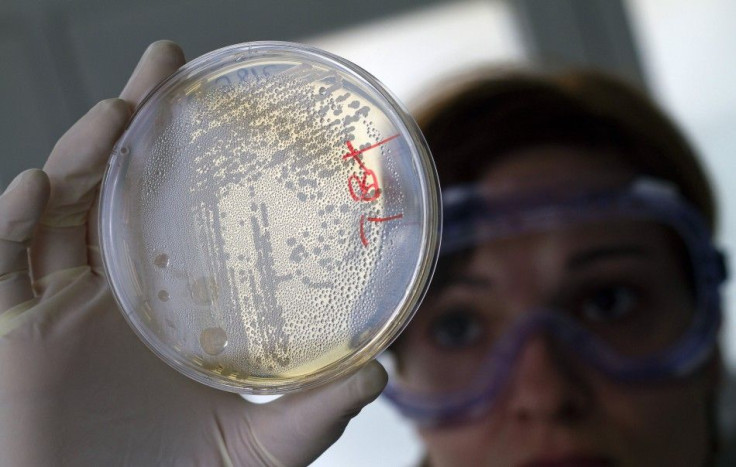Researchers Use Baker's Yeast To Brew Narcotics, Opioids

Till date, opiates were only derived from poppy plants. However, a team of researchers at the Stanford University have designed another way to prepare “home-brewed” narcotics. The team has designed a variety of yeast that has the potential of producing opiate-based painkillers and cough suppressants.
During the study, the researchers genetically modified the commonly available baker's yeast to convert sugar into hydrocodone, a semi-synthetic opioid derived from alkaloids in the poppy plant. At the end of the entire process, a painkiller is produced.
According to the scientists, the yeast-based process is completed in three to five days while it took around a year to complete for the same process to happen otherwise. The countries, including Australia and England, with a license to grow opium poppies to harvest the crop, process and ship the supplies to the pharmaceutical companies in the United States. The drug manufacturers derive the active compounds and molecules from the harvested poppies and convert them into medicines.
The New York Times reports that the work done by the researchers is being closely followed by the Drug Enforcement Administration and the FBI, and several other pharmaceutical companies.
The drug manufacturers and distributors believe that the yeast-based alternative to produce opioid-based pain killers and cough suppressants can help reduce the production cost significantly. In addition, since the technique is more reliable, the chemicals, produced are expected to be more predictable than using poppies.
Even though the new bioengineering method has not produced enough quantities of medicines to replace the traditional method altogether, the researchers believe that the method has a potential to produce complex plant-based medicines. The complete details of the study have been published in the journal Science.
“We want there to be an open deliberative process to bring researchers and policymakers together,” said Christina Smolke, a senior author of the study. “We need options to help ensure that the bio-based production of medicinal compounds is developed in the most responsible way.”
© Copyright IBTimes 2024. All rights reserved.











